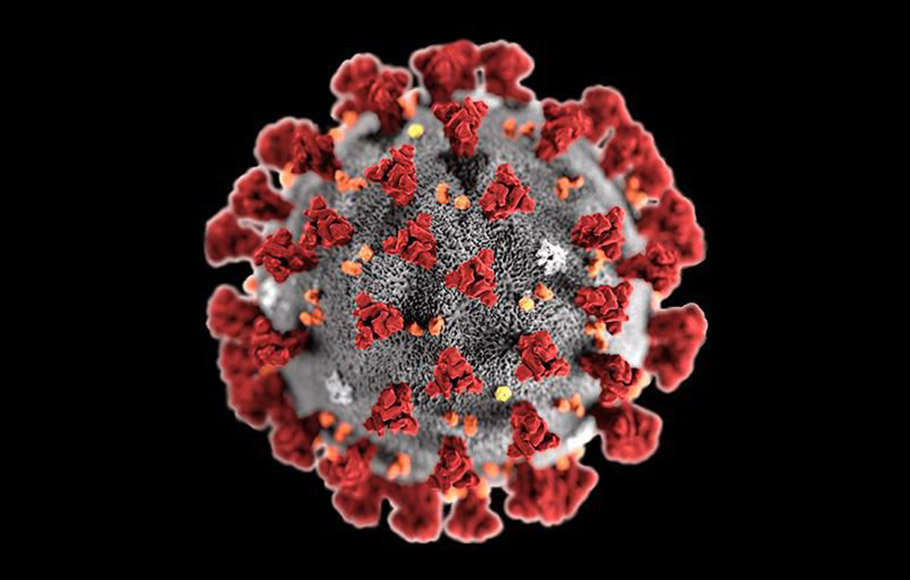
COVID virus may survive for 30 days on refrigerated, frozen meat: Study

SARS-CoV-2 (the virus that causes COVID-19) surrogates can survive on meat products in the refrigerator or the freezer, for up to 30 days, according to a new study.
Those findings of the study were published in Applied and Environmental Microbiology, a journal of the American Society for Microbiology (ASM).
Also read: New Omicron sub-variant BA.2.75 has 18% growth advantage over the rest
“The research was conducted using chicken, beef, pork and salmon, and surrogate viruses with spikes similar to those on SARS-CoV-2, as surrogates,” said first author Emily S. Bailey, an assistant professor at Campbell University in the US, according to a press release from the American Society for Microbiology.
The researchers stored the products at both refrigeration (4 degrees Celsius) and freezer temperatures (-20 degrees Celsius), the release added.
“Although you might not store meat in the fridge for 30 days, you might store it in the freezer for that long,” said Bailey. “We even found that the viruses could be cultured after (being frozen for) that length of time.”
Also read: There’s talk of COVID 4th wave; what exactly constitutes a wave?
The researchers undertook this research after learning that COVID-19 outbreaks were occurring in Southeast Asia absent prior community transmission.
Reports from those communities “suggested that packaged meat products, produced in areas where SARS-CoV-2 was circulating, could have been the source of the virus,” said Bailey. “Our goal was to investigate whether or not similar viruses could survive in this environment.”
“The research is important because SARS-CoV-2 can replicate within the gut, as well as in the respiratory tract,” said Bailey.
In the study, the researchers used 1 RNA virus with a lipid envelope, and two animal coronaviruses, murine hepatitis virus and transmissible gastroenteritis virus as surrogates.
Also read: Long COVID in infected children: New study reveals top symptoms
All three viruses have previously been used as surrogates for SARS-CoV-2, generally with greater reductions in their numbers observed at refrigeration than at freezing temperatures. The reduction in numbers also varied according to the food item used.
“Continued efforts are needed to prevent contamination of foods and food processing surfaces, worker hands and food processing utensils such as knives,” the researchers wrote. Additionally, “the lack of, or inadequate disinfection of these foods prior to packaging needs to be addressed.”

